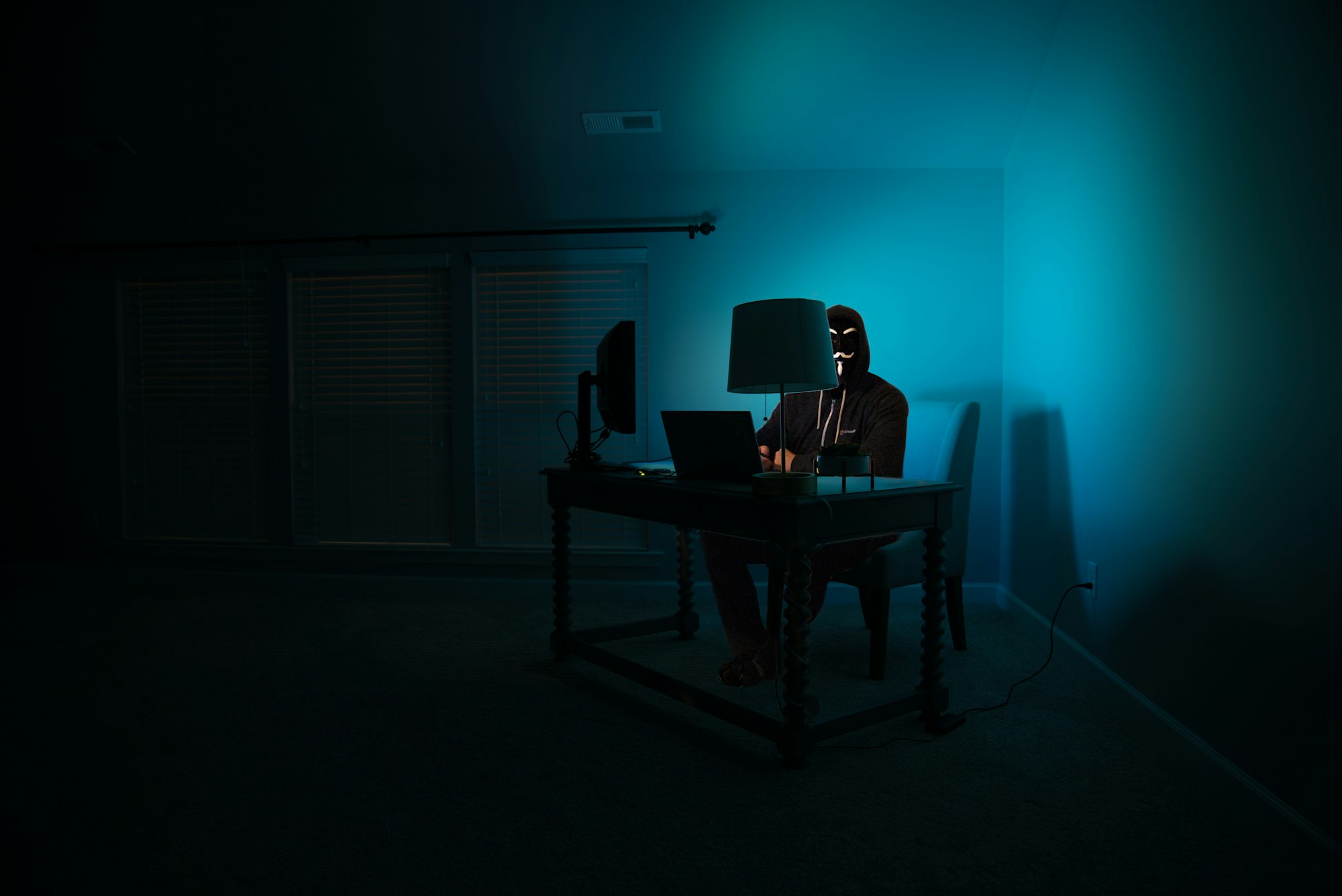Fighting Misinformation Online
“Who gets to decide what’s true?” is the wrong question. We should be asking “how do we determine what’s true?”

We’re now more than a year into the COVID pandemic. The world changed incredibly since “Coronavirus” entered the lexicon; we’ve adapted to working from home, vaccines for a completely novel virus were created, tested, approved, and are already going into people’s arms, and yet -- disinformation still continues to rear its ugly head across the Internet’s most popular platforms.
The problem with misinformation, ultimately, is that it is given a chance to go viral. We've reached an inflection point where people can truly believe these mistruths so deeply, that any fact checking is received as a personal attack -- and they get even more defensive.
Any one of the social networks can try to come up with even more infoboxes or disclaimers, but it will continue to exist as long as misinformation is given a platform.
The original sin of social media comes down to the idea that anyone can post, and that virality begets virality. Shocking content is presented on the same level as traditional media -- and in many cases, can exceed those traditional news sources' reach.
This is not a call for censorship. The beauty of the Internet is the free exchange of ideas, regardless of what those ideas may be. But realizing that not all information is equal is not censorship.
Often in these debates, someone asks “who gets to decide what’s true?” Indeed, the thought of a government -- or worse, an unaccountable private company -- deciding what is accepted as truth is horrifyingly dystopian. But it is the wrong question -- what should be asked is “how do we determine what’s true?”
Just as scientific research has the Scientific Method, a generally accepted set of rules aimed at determining an objective truth, so has journalism built a protocol for determining the veracity of events.
Virtually every respectable news organization has some form of editorial policy in place. (Ours is publicly accessible.) Reporting can be messy, especially in a rapidly changing story -- but the policy is in place to make sure that the way we know what we know is valid. And, perhaps more importantly -- when something is later found to be incorrect or misleading, to correct the record. In the worst cases, there are penalties and repercussions journalists face; far more than the troll posting fabricated nonsense under multiple names.
We can elevate these organizations’ posts -- it may even solve some of the other incentive issues around news -- without censoring the average user’s ability to express themselves.
Until we hold the reporting produced by professional reporters -- reviewed by editors, fact checked, and held in check by an editorial process -- at a higher esteem than others say, misinformation will continue.
We’re building Forth - a news platform that elevates reporting from trusted journalists. Get notified when we’re in your area -- or reporters/newsrooms can reach out to us here.

